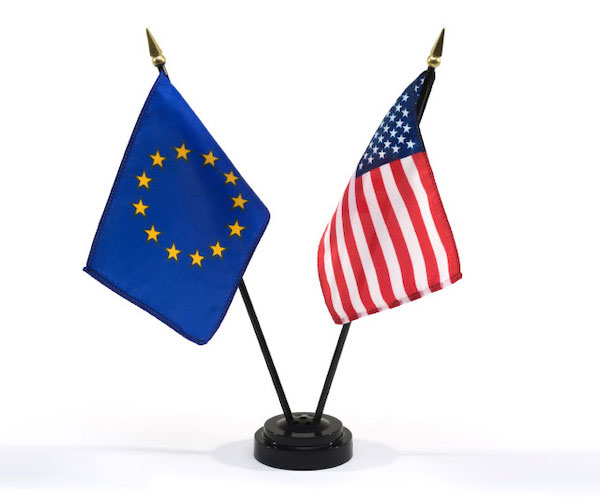EMA-FDA parallel scientific advice program has ‘limited’ uptake
 Biologics/ biosimilars/ vaccinesEuropeHealth Authority meeting and communication strategyNorth AmericaPharmaceuticalsProduct Lifecycle
Biologics/ biosimilars/ vaccinesEuropeHealth Authority meeting and communication strategyNorth AmericaPharmaceuticalsProduct Lifecycle Biologics/ biosimilars/ vaccinesEuropeHealth Authority meeting and communication strategyNorth AmericaPharmaceuticalsProduct Lifecycle
Biologics/ biosimilars/ vaccinesEuropeHealth Authority meeting and communication strategyNorth AmericaPharmaceuticalsProduct Lifecycle